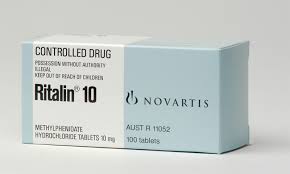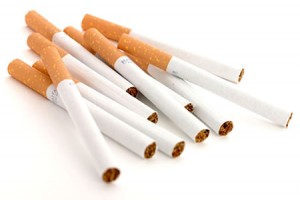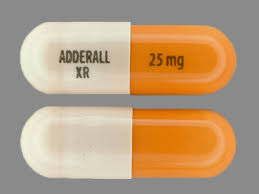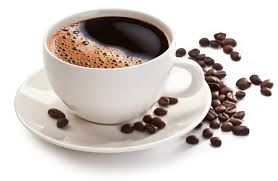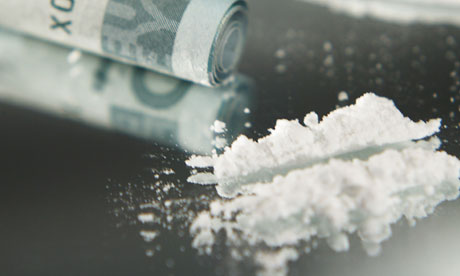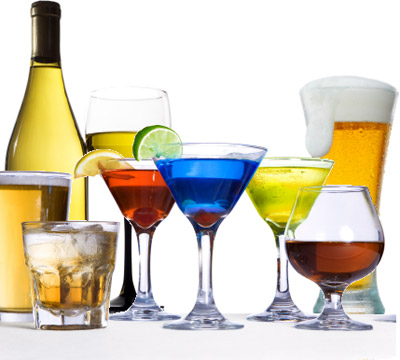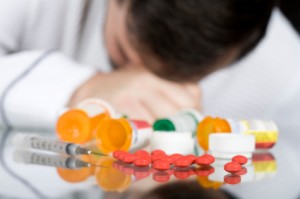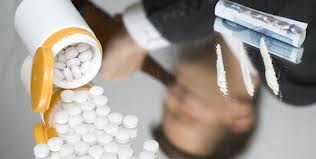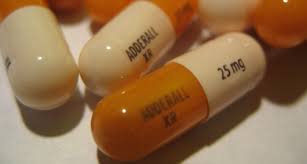Types of Stimulants
Stimulants are a type of drug that works on the body’s central nervous system to produce enhanced brain activity. Various types of stimulants exist including those that are legal and many that are considered illegal. Many legal stimulants are only legal with a prescription to possess the drug while others are considered safe for consumption and do not have any serious laws or regulations attached to them. Illegal stimulants tend to have no known medical use, are highly dangerous and pose serious threats of drug dependence if they are used repeatedly.
People who use stimulants are usually looking for improved alertness or function. According to the National Institute on Drug Abuse, various types of stimulants work to increase energy, elevate the mood of the user, pump up the heart rate and otherwise stimulate the user. While some of these effects, especially in moderation or when medically necessary, can be helpful, they are highly dangerous when the user oversteps a point of use that is moderate and abuses stimulants.
Types of Legal Stimulants
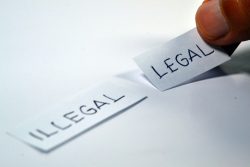
Both legal and illegal stimulants have the potential for abuse.
There are many stimulants that are legal such as caffeine and nicotine. Of course nicotine is only legal to be purchased by those who are at least 18 years old but caffeine has no real limitations in terms of who may or may not purchase the stimulant at the local grocer or drug store. Many legal stimulants are only legal if the user has been medically prescribed the drug for a true need such as to control weight or to help reduce the effects of ADD or ADHD.
The most common legal stimulants include:
- Amphetamines such as Dexedrine or Dextroamphetamine
- Ephedrine
- Caffeine
- Nicotine
Types of Illegal Stimulants
Certain types of stimulants have no real medical use or no known medical use and are not considered safe for consumption on a regular basis. The various types of stimulants that have no known safe level of use are typically illegal. The most common illegal types of stimulants that are not available in stores and are not to be possessed include:
- methamphetamine
- cocaine
- crack cocaine
- MDMA
These drugs can lead to potentially serious side effects and may even produce deadly outcomes if they are abused. Because such illegal stimulants have no known medical use, any use of the drugs is considered abusive and should be avoided.
Medical Stimulants
Various types of stimulants are used in the medical field to produce desired effects such as weight loss or improved concentration. According to the National Institute on Drug Abuse, stimulants such as Adderall or other amphetamines may be used medically to treat ADHD or other attention disorders. These medications may also be used to treat narcolepsy, a rare sleep disorder that will cause an individual to abruptly fall asleep without notice.
Medical stimulants are legal to possess but the user will be required to hold a valid doctor’s prescription for the drug. These medications do stimulate the central nervous system, but when a user who actually needs this stimulation takes the drug as prescribed, he or she may experience beneficial effects that can help to improve quality of life despite living with a particular condition or ailment.
Most of the time, medical stimulants are controlled by the DEA under the scheduled narcotics scale. Most stimulants are considered Schedule II controlled substances which means that they have a moderate potential for abuse and can cause physical or psychological dependence when abused. A prescription from a doctor will be required in order for these drugs to be legally possessed or for a refill to be received from any pharmacy in the United States.
Where do calls go?
Calls to numbers on a specific treatment center listing will be routed to that treatment center. Calls to any general helpline will be answered or returned by one of the treatment providers listed, each of which is a paid advertiser.
By calling the helpline you agree to the terms of use. We do not receive any commission or fee that is dependent upon which treatment provider a caller chooses. There is no obligation to enter treatment.


